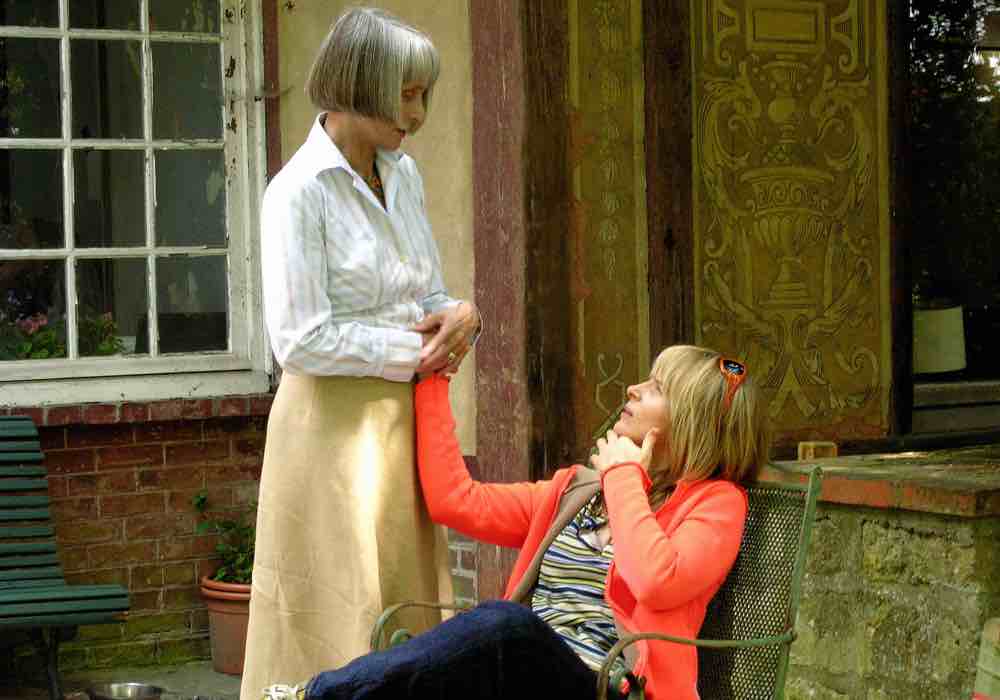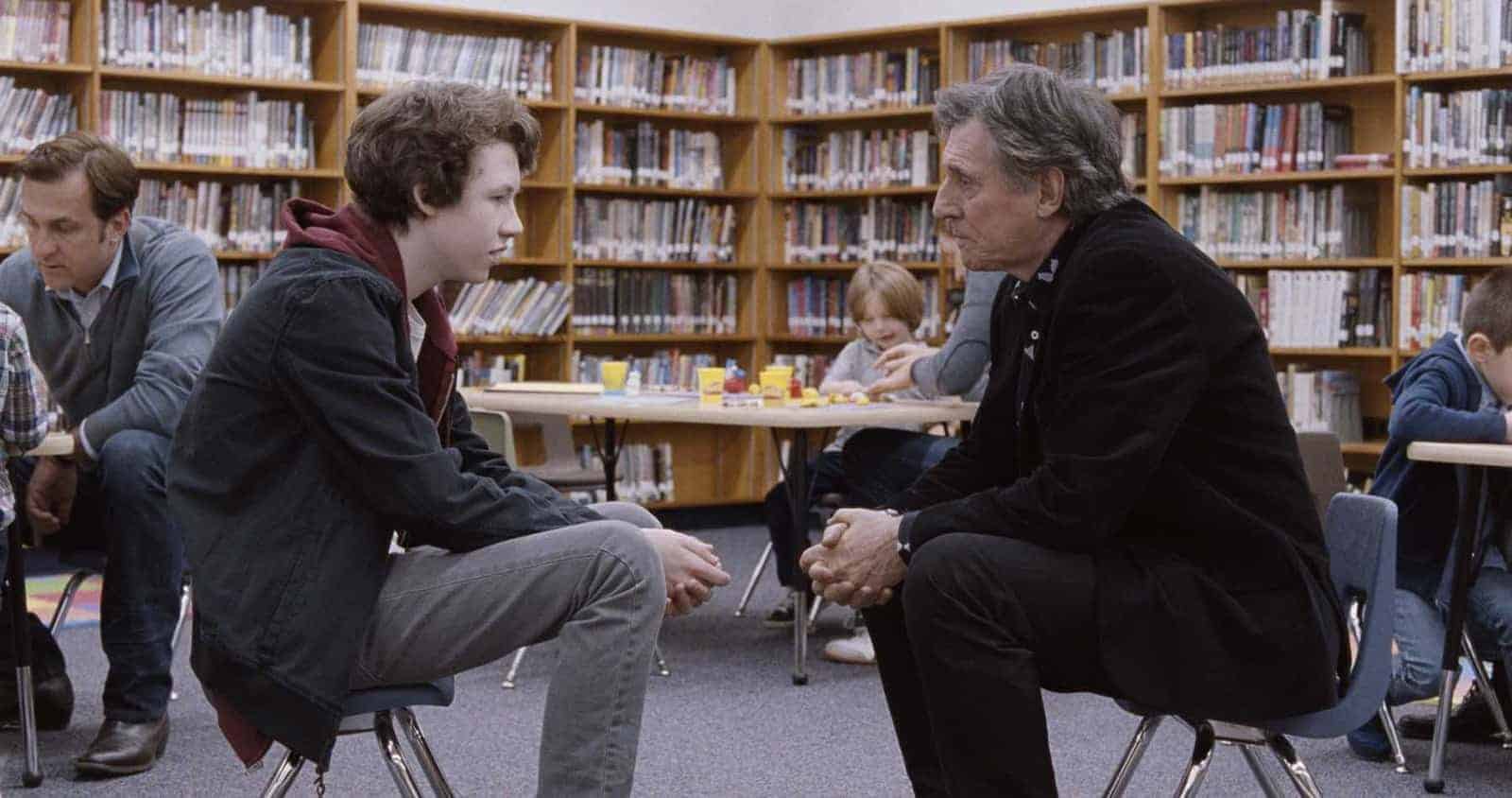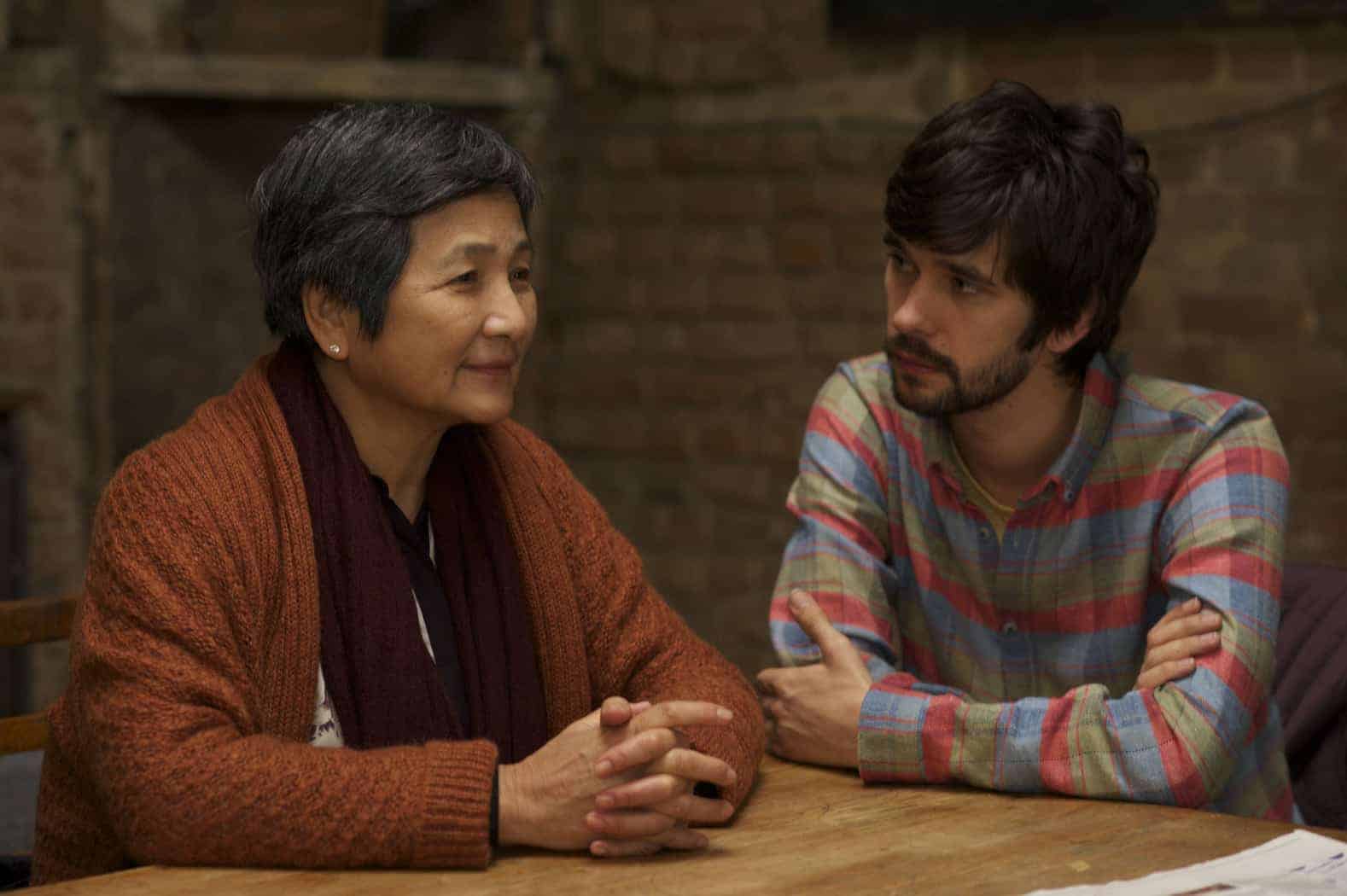Olivier Assayas’ films Summer Hours and Personal Shopper are united by their portrayal of the recently bereaved confronting what the dead did, or did not, leave behind.
Grief
Review: Louder Than Bombs is a deeply empathetic look at family, grief, and memory
Joachim Trier’s sublime English-language debut Louder Than Bombs is an engrossing and empathetic look at a family recovering from trauma.
Anne Émond talks family intimacy in Our Loved Ones
Québécois filmmaker Anne Émond talks about depicting suicide, family intimacy, and her hometown in her moving new film.
Sundance Review: Hong Khaou’s film Lilting explores grief with Ben Whishaw
Hong Khaou’s feature film debut, Lilting, is an exploration of grief, family, and the trauma of immigration. The film premiered at Sundance. Is there anything Ben Whishaw can’t do? He played Hamlet in the West End at twenty-three, Keats in Bright Star, Q in Skyfall, a timid but potentially dangerous young man in Criminal Justice, and […]



